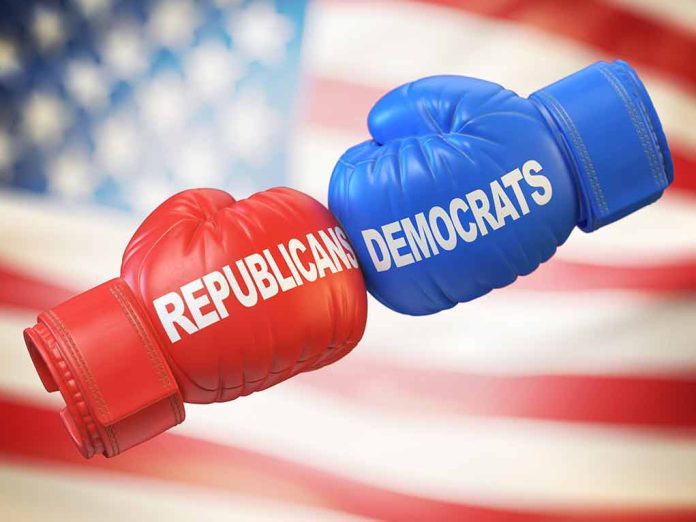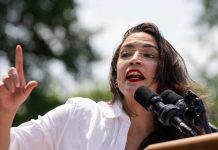
California’s surprising shift toward conservative crime policies marks a significant turn in its legal landscape post-2024 election.
At a Glance
- California is rolling back soft-on-crime laws, indicating a shift in political sentiment.
- Los Angeles County District Attorney George Gascon was replaced by Nathan Hochman.
- Voters overwhelmingly supported Proposition 36 to increase penalties for repeated offenses.
- Donald Trump’s win has induced a broader political recalibration nationwide.
Shift in Crime Policies
California is experiencing a dramatic reversal of its crime policies following the 2024 election. The state, traditionally a bastion of progressive reforms, is now rolling back laws perceived as lenient on crime. This shift includes replacing George Gascon with Nathan Hochman as Los Angeles County District Attorney, which many see as a pivot to tougher legal enforcement.
This change follows years of criticisms that soft-on-crime initiatives have led to increased crime rates. Proposition 47, which passed in 2014 to reclassify certain felonies as misdemeanors, is now being reevaluated. More recently, voters supported Proposition 36 to impose harsher penalties on repeat offenders and drug crimes.
Political Impact
The political landscape across California is undergoing a seismic shift. The Presidential election, marking Donald Trump’s return to office, saw several traditionally Democratic counties flipping Republican. This reflects a broader national recalibration with voters prioritizing safety and accountability. Trump’s historic win indicates growing acceptance of conservative policies nationwide.
“The office has to build the trust back with its own prosecutors. He [Gascon] lost trust and credibility with law enforcement … with victims and victims’ families. From day one, I have to rebuild that trust,” Nathan Hochman told Fox News Digital.
This shift is not confined to local law enforcement. Donald Trump’s presidency is expected to bring tensions between California’s Democratic leadership and federal policies. While California remains a Democratic stronghold, the recent election outcome is a testament to a shifting political ideology within the state.
Nationwide Recalibration
This penchant for conservative crime policies resonates with a broader national demand for enhanced public safety. Trump’s victory has prompted California officials, including Governor Gavin Newsom, to strategize ways to “Trump-proof” the state, highlighting the expected confrontations with federal regulations.
“I think what’s happened here in California is the pendulum has swung too far to the left. The Democrats have been promising a better life, promising more affordability for decades, and they haven’t been able to achieve us. The common theme that I’m hearing time and time again is that I didn’t leave the Democrat Party. The Democrat Party left me,” said Corrin Rankin, the state GOP vice chairman.
California may continue to resist federal directives by bolstering its liberal values, yet confrontations over issues such as tech regulation and immigration policy are anticipated. Challenges lie ahead as California navigates this new political terrain, balancing state and national interests in a time of ideological flux.














